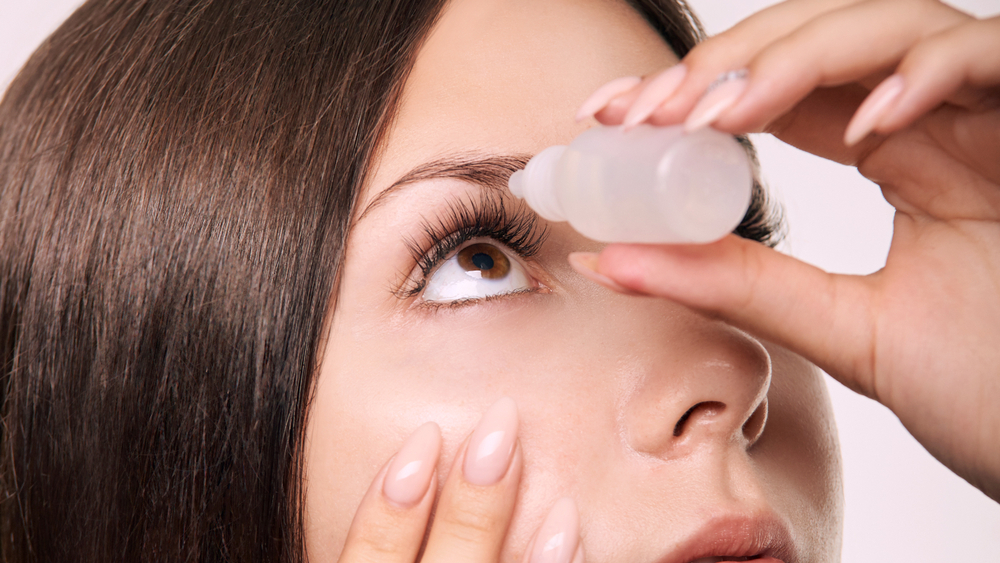
Myopia is a refractive error that affects a significant portion of the global population. It is characterized by difficulty in seeing distant objects clearly while near vision remains unaffected. The prevalence of myopia has been steadily increasing, particularly in children and young adults. As a result, there is a growing need for effective myopia management strategies to prevent the progression of this condition and its potential complications. One such strategy gaining popularity is atropine therapy.
What is Atropine Therapy?
Atropine therapy involves the use of atropine eye drops, a medication derived from the belladonna plant, to manage myopia progression. Atropine eye drops work by dilating the pupil and temporarily paralyzing the ciliary muscle in the eye. This action helps to relax the eye and reduce the strain on the visual system, thereby slowing down the progression of myopia.
How Does Atropine Therapy Slow Myopia Progression?
The exact mechanism by which atropine therapy slows myopia progression is not yet fully understood. However, several theories have been proposed. One theory suggests that atropine inhibits the release of certain neurotransmitters in the eye, such as acetylcholine, which are involved in the regulation of eye growth. By modulating the release of these neurotransmitters, atropine helps to maintain the balance between the growth of the cornea and the length of the eye, ultimately slowing down the progression of myopia.
Another theory suggests that atropine therapy may have an anti-inflammatory effect on the eye. Inflammation has been implicated in the development and progression of myopia. By reducing inflammation, atropine may help to prevent the elongation of the eyeball that leads to myopia.
The Benefits of Low-Dose Atropine for Myopia Management in Children
Low-dose atropine has emerged as a promising option for myopia management in children. Studies have shown that low-dose atropine, typically at concentrations of 0.01% or 0.02%, is effective in slowing down the progression of myopia while minimizing adverse effects such as pupil dilation and near vision blurring.
One of the key benefits of low-dose atropine is its long-lasting effect. Unlike other myopia management strategies that require regular interventions, such as wearing orthokeratology lenses or undergoing multifocal contact lens therapy, atropine therapy only requires once-daily administration of eye drops. This convenience makes it a more practical option, especially for children who may have difficulty complying with complex regimens.
Low-dose atropine has also been found to be well-tolerated by children. The side effects associated with higher concentrations of atropine, such as light sensitivity and difficulty with near vision, are minimal with low-dose atropine. This makes it a safer and more comfortable choice for long-term myopia management.
Managing Myopia through Atropine Therapy
Atropine therapy offers a valuable tool in the management of myopia, slowing down its progression and potentially preventing the development of associated complications. With its convenience, tolerability, and proven efficacy, low-dose atropine represents a promising treatment option for children and adults alike.
If you or your child has been diagnosed with myopia, consult with our doctor to explore the benefits of atropine therapy and determine the most suitable management approach for your specific needs. Visit DeNovo Eye at our office in McKinney, Texas, or call (469) 317-2020 to schedule an appointment today.




